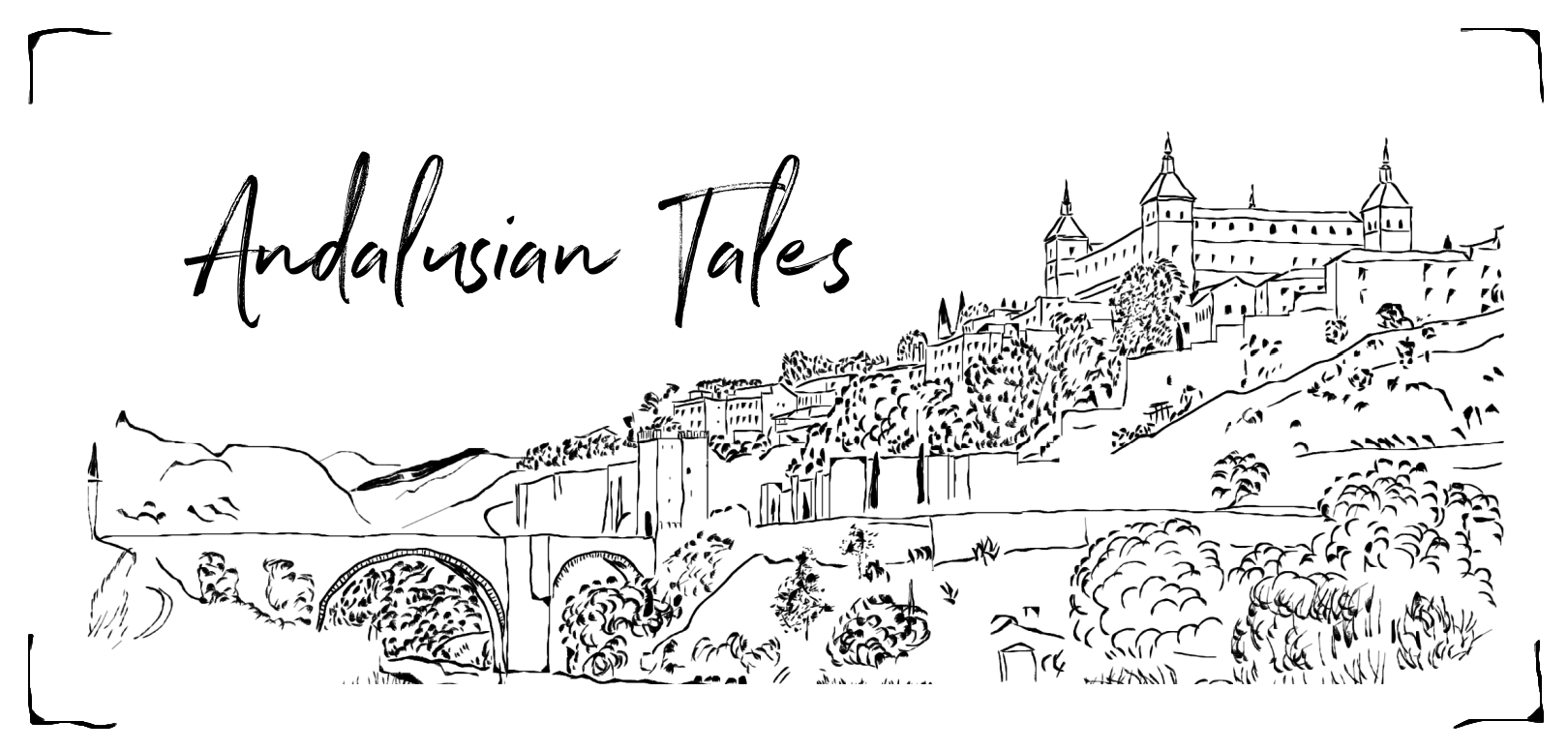Freedom and Religion: Is it Either/Or?
Pick up a newspaper on any given day and you’re bound to find an article describing a clash between some form of secular political power and a religious institution. In the West, these episodes play out, at least for the most part, in courts or legislative bodies. But that has not always been the case. In medieval Spain, over the course of many centuries, who controlled a city very much determined the plight of the religious communities within that city.
In 1085, for example, when King Alfonso VI imposed Christian control over Toledo for the first time in more than 300 years, the impact on the Muslim community was immediate and pervasive.
From Song of Toledo:
In some ways, very little changed when the Christian king claimed the city, but in other ways things changed too much for many of their friends, as well as his father’s colleagues, to accept. They were allowed to remain as more or less free citizens, keeping both their property and the right to practice their faith. And those who wished to leave could do so and take their belongings with them. Still, Muslims, along with the city’s Jews, were now forced to pay the annual head tax, which was traditionally paid by the faith communities who did not rule the city. At first, all their mosques remained in their hands except for the main Friday mosque near Faisal’s grandfather’s house. That mosque became the property of the new king, and he was free to do with it as he wished.
Soon after the change in rule, the families of many of Faisal’s friends took what property they could and moved south to Qurtuba, which, when the Christians held the city centuries before, they had called Córdoba. Faisal’s father opted to stay on with the administration as muhtasib, but he now knew he could be dismissed at any moment. As for Faisal, he had the hope of youth that the change would be temporary, but he couldn’t deny that the changes underway, if they continued for long, would change Tulaytula forever. Perhaps the uncertainty surrounding the city’s mosques was what concerned him the most. The mosque at which he had worshipped since his father taught him salaat stood at the base of the street on which his house was located. It was not nearly the size of many of the city’s other mosques, but except for Fridays, when Faisal accompanied his father to salaat in the main mosque, he always tried to be near Bab-al-Mardum, as the neighborhood mosque had been called since its construction nearly 100 years before Faisal was born. For one thing, it was obviously in convenient proximity to his home, but it also had a beautiful garden, including a fountain, which looked out over the southern wall of the city and across the Tajo River. And after salaat, from that garden Faisal fashioned no small number of his dreams as he gazed out across the river to the flat meseta beyond. . . . . .
In the modern West, this world seems foreign to us. But in other parts of the world, tensions and complexities which we might consider “outdated” are very much alive and well.
Here, for example, is an interview with the new Vicar General of the Catholic Archdiocese of Tunis.
